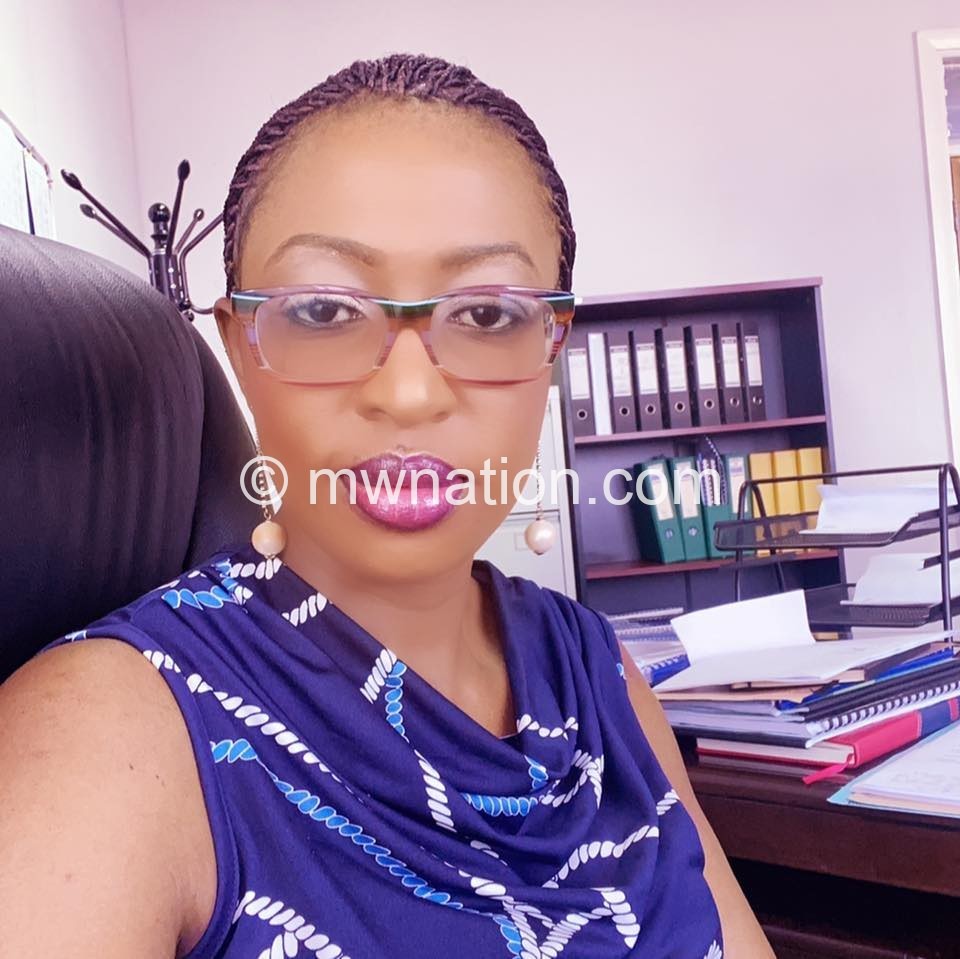Buluma’s phone evidence under microscope
Defence lawyers in the case involving former minister of Energy Newton Kambala and two others yesterday rejected the use of phone extracted evidence in form of WhatsApp messages without following procedure—to which the court agreed.
In his ruling, chief resident magistrate Patrick Chirwa agreed with the defence that such evidence was not admissible without following procedure.

The defense described WhatsApp messages presented in court as secondary evidence, which can only be tendered in court following set rules and procedures—which the State did not do.
As part of her evidence, the ACB’s principal witness Hellen Buluma tendered in court a document which contains alleged WhatsApp conversations between her and Kambala.
The messages allege that on several occasions in 2020, Kambala had either called Buluma to his office or inquired on fuel tenders with an aim to favour some suppliers.
Chirwa’s ruling seemed to have caught the State unawares such that they had to ask for a five-minute recess apparently to consult each other.
The State, is being represented by three lawyers, namely ACB director general Martha Chizuma, Chrispin Khunga and Imran Saidi, who were seen to be in a conversation during the short break.
After the break, as a plan B, Khunga handed over to Buluma a phone in which these messages are contained to be used as evidence.
But the defence equally objected to this, saying the gadget in question was not part of the disclosures hence could not be used as evidence.
“Just because we have said no to secondary evidence, then they start fishing out gadgets [phone] for evidence … We strongly object to this again. That is not procedural,” defence counsel Khumbo Soko said.
When Chirwa asked the State if the gadget was disclosed ahead of this time, Khunga conceded they did not.
Another battle ensued after the defence asked if the gadget could be handed over to them to scrutinise the evidence that is contained in there.
According to Wapona Kita, another defence lawyer, it would help matters to look at the original source of the evidence—in this case the messages themselves in the phone and have their client’s identity verified.
While the State rejected the proposal on the premise of personal privacy, the defence insisted that the State had kept the suspects’ phones for close to two months, hence they should accord them the same opportunity to give them Buluma’s phone for some days to analyse the evidence.
“The gadget is personal and contains personal information. We are interested in just one thread of messages so we can’t give you the phone to look at everything. As ACB we have investigatory powers to keep a suspect’s phone and there is a law that guides us to do so,” argued Imran Saidi, another ACB lawyer.
With this mistrust, the defence then asked the court to keep the gadget from where they can access it and look at the messages because they equally did not trust ACB to continue keeping the phone.
In his ruling, Chirwa allowed the defence to access the messages in the phone at ACB offices from next Monday after which the two parties should appear before his court for a scheduling conference on January 31.
The ACB has so far paraded two witnesses. Buluma’s testimony has taken centre-stage as it started on Wednesday and continued to yesterday.
Kambala, alongside former presidential aide Chris Chaima Banda and Alliance for Democracy President Enock Chihana, are accused of attempting to influence a public officer on procurement of fuel contrary to the Corrupt Practices Act. The trio has pleaded not guilty to the charges.





